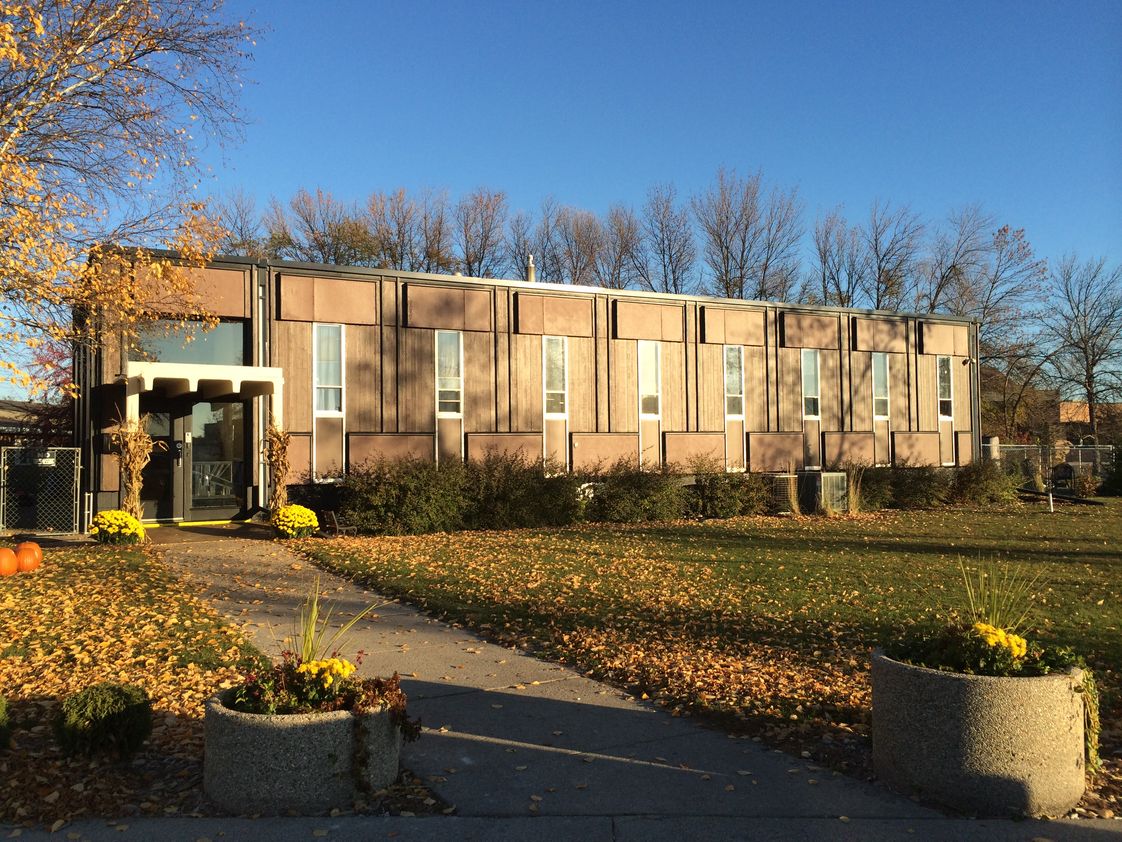BISMARCK, N.D. – A bill that will bring Native American studies into school curriculums throughout North Dakota was signed into law only a couple weeks ago, but many supporters are already getting together to figure out what’s needed in the new curriculum.
More than 50 tribal members and educators gathered at the Heritage Center Tuesday to discuss the best ways to implement Native American culture into history classes.
The bill initially narrowly failed in the House, but was reconsidered, approved, and signed into law by Gov. Doug Burgum, R-N.D.
“We just had to say no and not give up and keep pushing. The tenacity, you had to have some tenacity and realize that there’s still a chance,” said an advocate for SB 2304 Ken Hall.
Educators are greatly appreciative of those efforts, with some even saying resources are already out there, available, and may just need to be tweaked depending on which K-12 class is utilizing the materials.
“I know as a teacher myself and as a school leader, laying out something that’s user friendly, that’s accurate and that they can use and not have to spend countless hours trying to create and reinvent the wheel,” said recently retired New Town Schools Superintendent.
Those in support of this effort agree it will be beneficial to get every school on the same page regarding Native American history.
Tribal elders said they can recall stories from their childhood that they say they don’t want today’s Native American children to have to endure.
“As a young child reading in a history book where it mentioned that the Mandan Indians were the, was basically saying that we were homely and ugly. And I went home and was really, really distraught about that,” said Council Representative for MHA Nation Monica Mayer.
Stories like Monica’s accelerated the need for bills like these that provide education on accurate depictions of native people.
The bill was drafted by Rep. Ruth Buffalo, D-Fargo, who worked through a successful, yet difficult session.
“It’s the times that we’re in that’s the most challenging. We’re in very polarizing times now and I don’t have to tell you that,” said Rep. Buffalo.
Although there was time to celebrate, supporters of the initiative knew they’d need to get right to work.
“As a community of people who are often invisible, we can’t let this moment die as native people, as North Dakotans,” Executive Director of the National Indian Education Association Diana Cournoyer.
Tribal members said today’s work session is just the first step of many in developing the state’s Native American history curriculum.
The curriculum will go into effect August 1, but won’t be a high school requirement for graduation until 2025.


